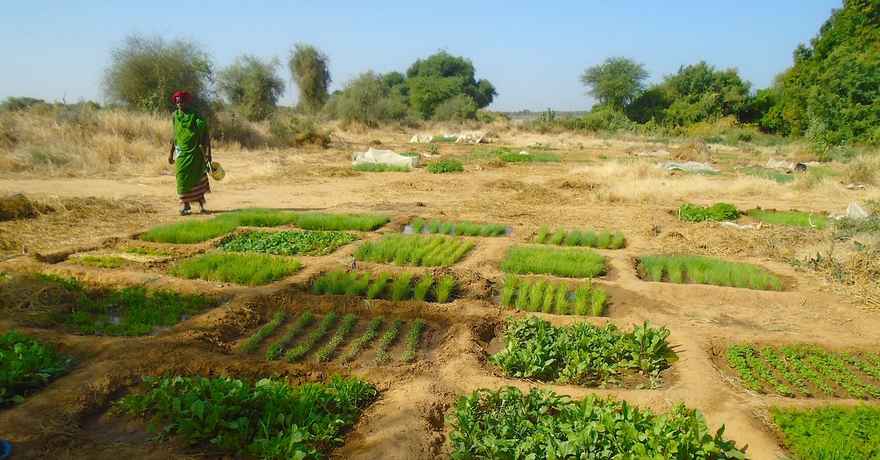Regenerative Development to Reverse Climate Change

by Dr Daniel Christian Wahl | 21 December 2016
Regenerative Development to Reverse Climate Change: Supporting Community-led, Place-Sensitive, Whole Systems Design Solutions
The needed leadership for a transformative response to climate change might well be provided by the Commonwealth – the most diverse collaborative network of nations after the United Nations itself. It includes more than a third of humanity on half of the world’s land masses, with its 52 member states spread across all continents, uniting all the major faith groups, and more than 60% of its population under 30 years of age.
The Commonwealth represents not only a large part of the future of humanity, but also 31 of the 37 most climate change endangered nations. In her address at COP 22, 2016, Baroness Patricia Scotland, the Secretary General of the Commonwealth said: “The Commonwealth’s priority is to move from commitment to action. … a month ago we convened a groundbreaking and dynamic gathering on ‘Regenerative Development to Reverse Climate Change’. It brought together biologists, ecologists, oceanographers and regenerative development specialists to consider ways of reversing the human impacts on climate change. Our focus was to develop positive actions for the living world to restore climate balance including biomimicry, permaculture, ecological engineering and circular economies. It is through such pioneering approaches … that progressive global consensus can be built to create a saver and more sustainable future for all.”
In the run-up to COP 22, the Cloudburst Foundation organized a historic meeting at the Commonwealth Secretariat in London to prepare the ‘Regenerative Development to Reverse Climate Change’ (RDRCC) initiative. Following the success of my book on Designing Regenerative Culture, I was given the opportunity to help shape this event and include some key contributors in the impressive list of participants, which included Janine Benyus, Lord Stern, John Elkington, Peter Head, John D. Liu, Hebert Girardet, Bill Reed, Ben Haggard, as well as, May East, Maddy Harland, and Albert Bates – to name just a few.
The intense two day meeting was only the initial ‘brainstorm’ for an initiative that is still taking shape and in the process of being structured. The resounding consensus among the diverse group of regeneration and sustainability experts was that we do know how to bio-sequester large amounts of atmospheric carbon into healthy soils, diverse forests, and regenerative agriculture and agroforestry systems. We can use seagrass and mangroves to regenerate vast coastal areas, and the example of the Loess Plateau in China shows that we can regenerate healthy ecosystems functions at a vast regional scale, while also sequestering carbon.

The shift towards more regionalized circular bio-economies will in fact require us to grow the bio-materials for a new material culture that is no longer addicted to fossil fuels and fossil resources. Yet, what is truly unique about the London meeting was to have Baroness Scotland, as the Secretary General of the Commonwealth, commit to making regenerative development the central focus of the Commonwealth’s collective response to climate change. For the first time the pioneers of the ecological design, permaculture and regenerative development field are being asked to support of the person responsible for international collaboration across 52 nations on half the world’s landmass in taking regenerative development to the heart of a systemic response to climate change.
There is still a lot of work to do in order to ensure that we make the most of this opportunity. Together with Bill Reed, Ben Haggard, Christopher Cooke and David McConville, I am helping the team of the Cloudburst Foundation to further develop the RDRCC initiative for the Commonwealth Secretariat. The focus over the following months will be to support existing and establish new pilot projects in some of the Commonwealth countries to demonstrate the potential of regenerative development. From June 2017 onwards, the aim is to multiply such efforts across the 52 nations of the Commonwealth. One thing is clear, education and capacity building for local communities will have to be an important part of this initiative, and this is where Gaia Education and our friends from the Global Ecovillage Network and the permaculture movement will have an important role to play.




0 comments
Leave a comment